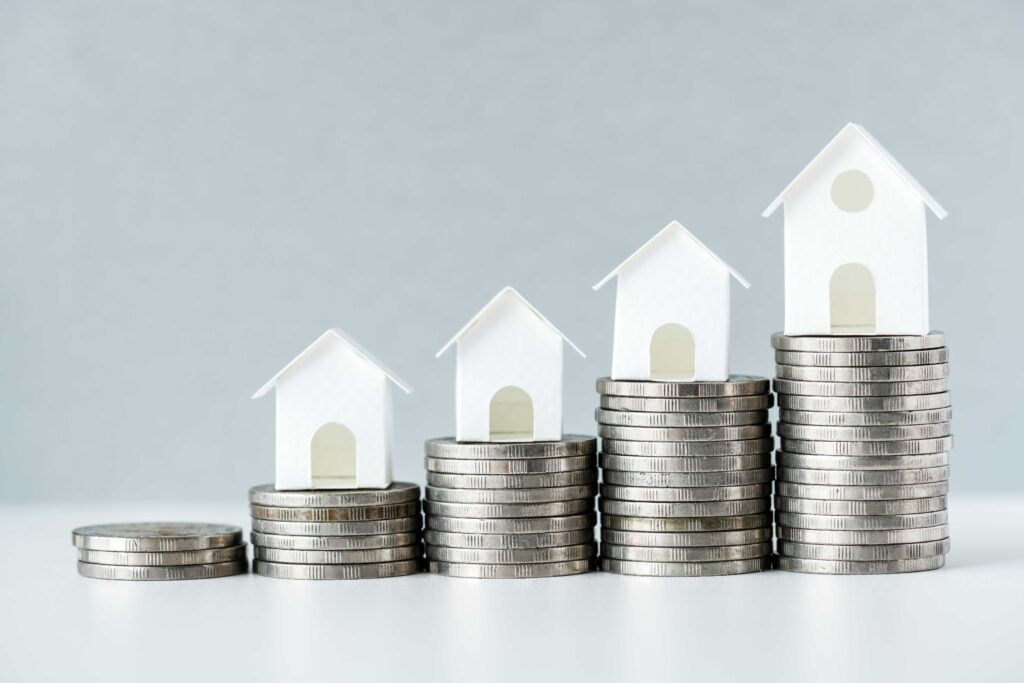Indicators to know when to sell your house
Posted by: sebcreativos

Selling your property at the right time is difficult to know, but it is essential to know the key factors of when to sell it, since selling a house at the right time is crucial to maximize profits and mitigate risks.
1. Analyze the local real estate market
Evaluating supply and demand in the area is essential to understanding market dynamics. In a booming market, where demand exceeds supply, it can be a good time to sell, as prices are likely to be on the rise and buyers are willing to pay more for a desired property. On the other hand, in a bear market, where supply exceeds demand, it may be wise to wait for the market to recover before selling, to avoid selling at a loss.

In addition to evaluating supply and demand, it is important to analyze the price trend in the area. Observing whether property prices are increasing, decreasing, or holding steady can provide clues to the overall health of the market.
It is also crucial to consider wider economic factors, such as the general economic health of the country, interest rates and planned urban developments in the area, as these can have a significant impact on the long-term value of the property.
2. Profitability and Return on Investment (ROI)
Calculating ROI involves analyzing rental income and associated expenses, such as taxes, insurance, maintenance and vacancies. If the property has reached its peak profitability or maintenance costs are increasing, it may be time to consider selling. Additionally, it is crucial to consider the taxes associated with the sale and how they would affect the final ROI, as this can influence the decision to sell.
3. Revaluation, Changes in the Area and Urban Development
Changes in the area where the property is located can have a significant impact on its value.
The arrival of new businesses, infrastructure improvements, or changes in urban planning can increase the attractiveness and demand of the area, which in turn can increase the value of the property.
Keeping an eye on these indicators and considering selling before the area reaches its peak development can be a smart strategy to maximize your return on investment.
4. Market cycle
The real estate market operates in cycles, and understanding what phase it is in can be key to determining when to sell a home. In bull markets, where prices are rising, it may be beneficial to sell before a possible market correction. On the other hand, in bear markets, where prices are declining, it may be prudent to wait for the market to recover before selling to get a better price for the property.
5. Interest Rate Trends
Interest rates are a key factor influencing property demand and prices. In a low rate environment, there are likely to be more potential buyers, which can be a strategic time to sell. Low rates tend to stimulate demand for real estate, as buyers are more inclined to purchase properties when borrowing costs are low.
This can result in increased competition and therefore higher prices for sellers.

6. Personal Financial Conditions
The seller’s personal financial condition is also an important indicator to consider when deciding when to sell a home.
If the seller has urgent liquidity needs or is experiencing significant changes in their financial situation, it may be the right time to sell, even if the market is not at its peak.


